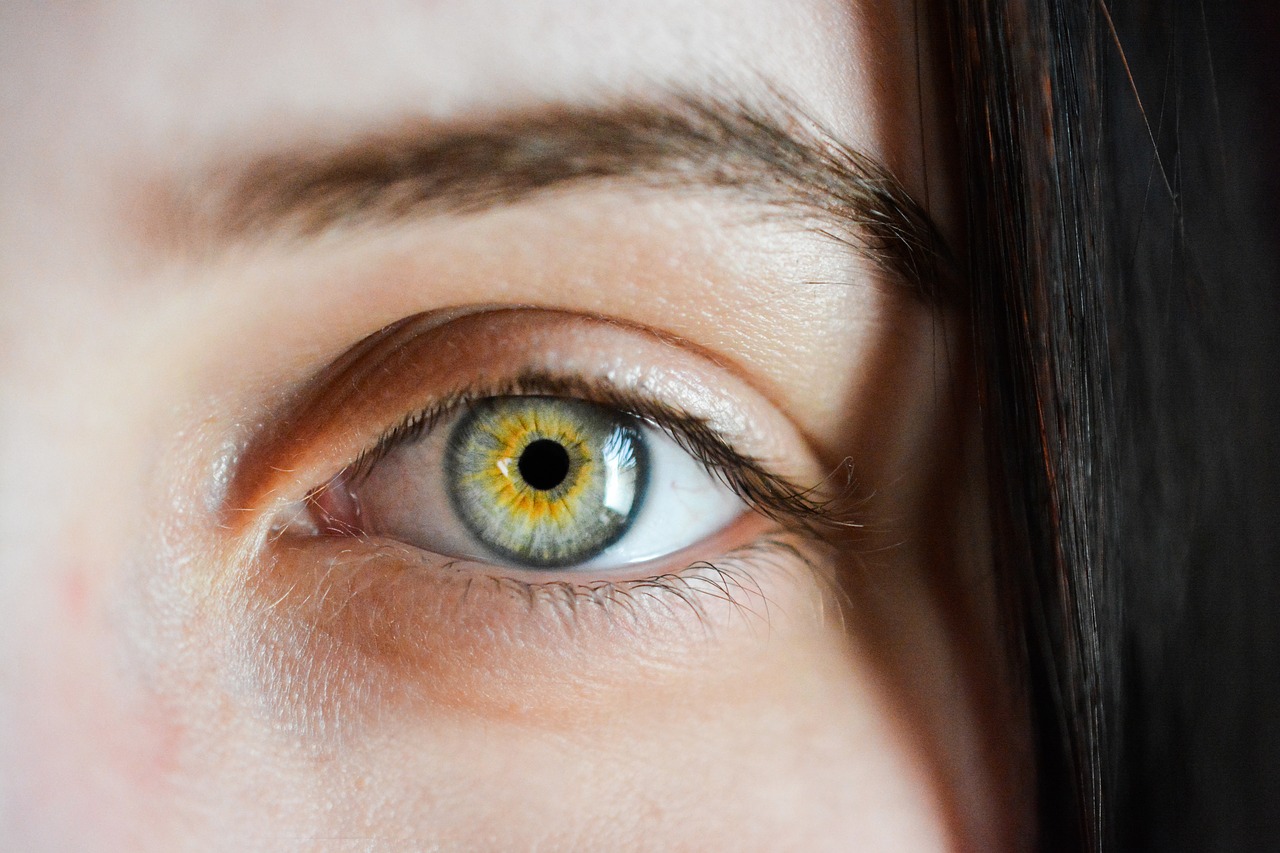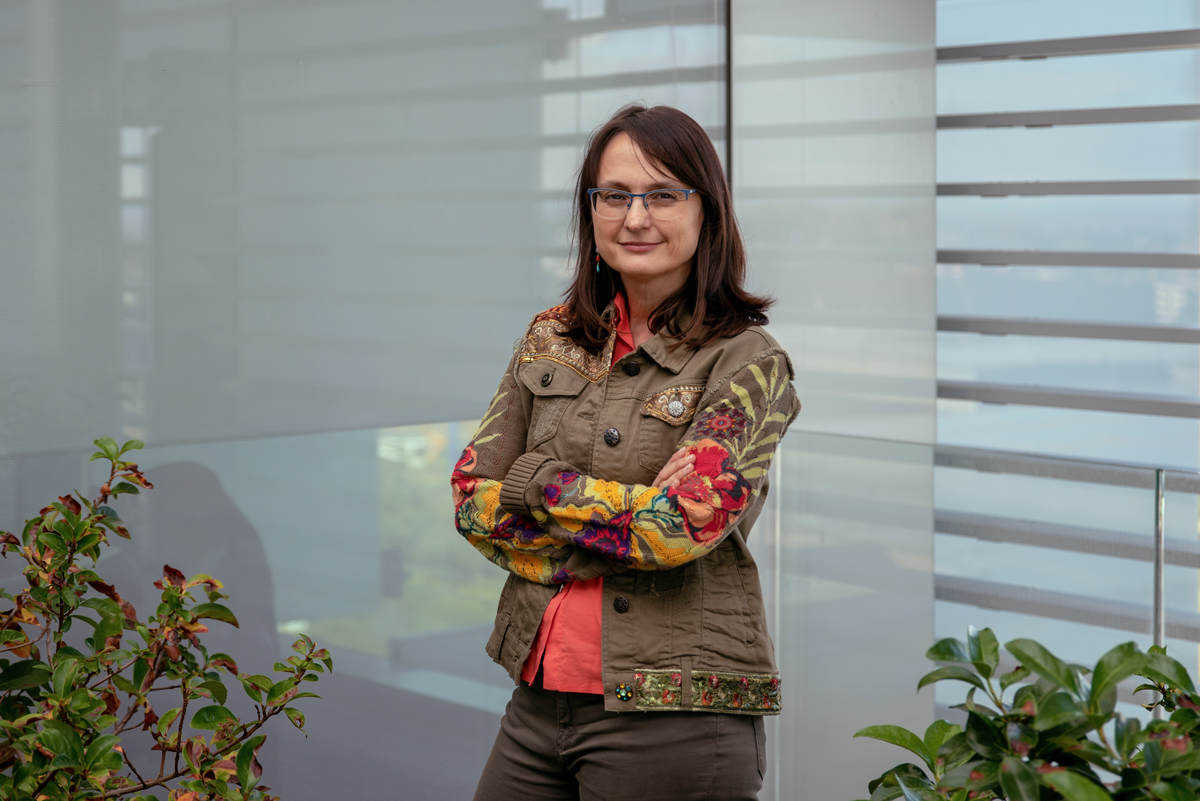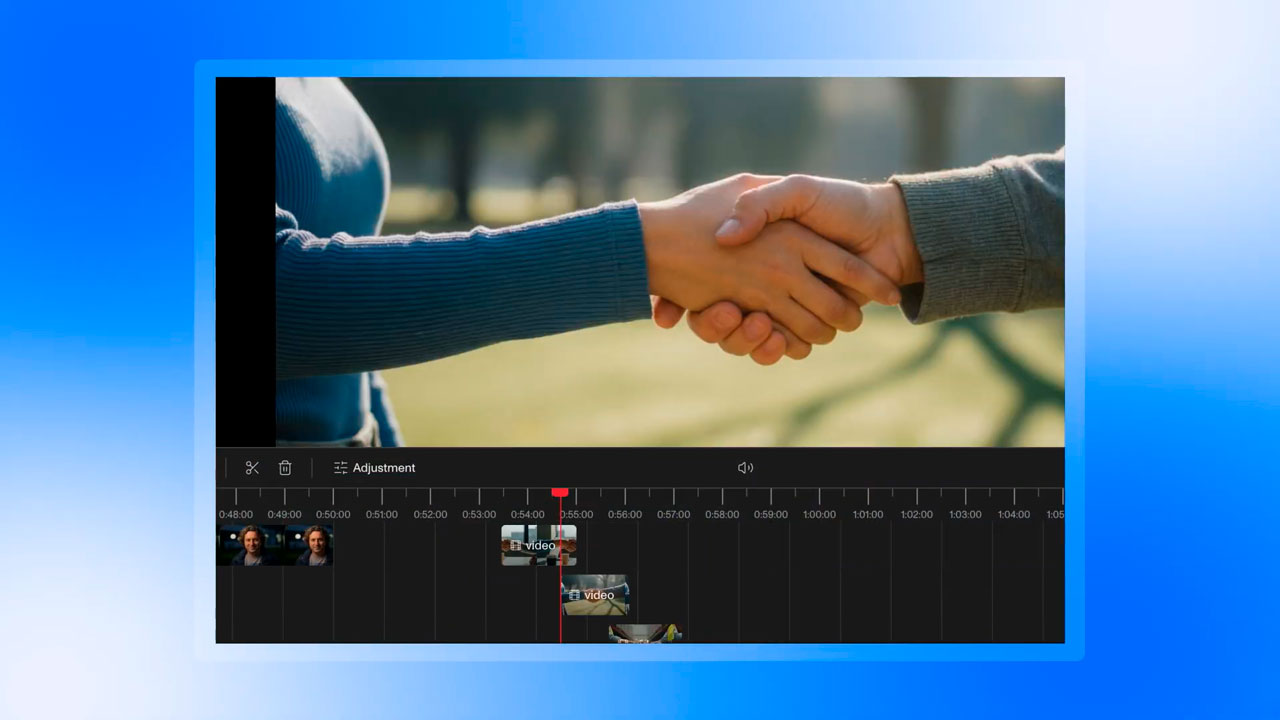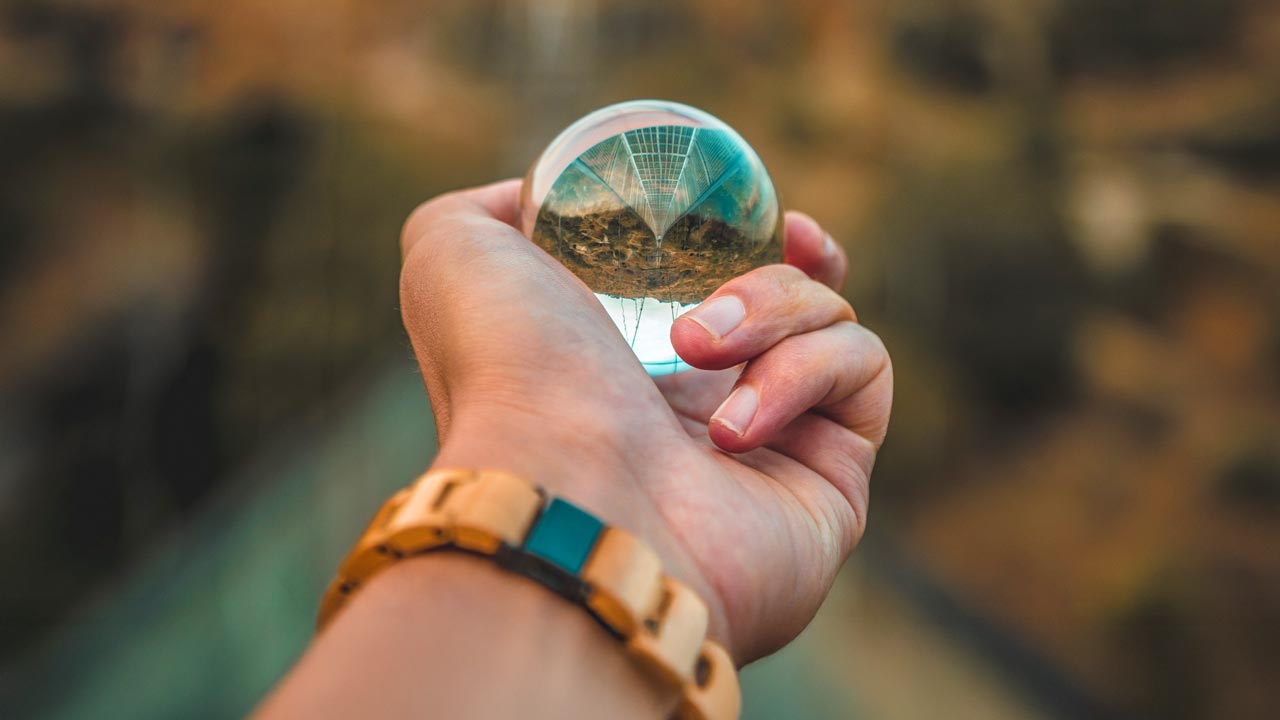Natural artificial intelligence: not-so-opposite antonyms
What do we mean by “natural"? Some words are so rich in meaning that the dictionary of the Spanish Royal Academy (RAE) lists up to 17 different definitions. And "natural" is one of them. Because although at first it may seem a bit contradictory to associate "natural" with "artificial intelligence", we’ll see that, in reality, they are perfectly compatible.
Indeed, the first thing that comes to mind when we hear the word "natural" is something "pertaining or related to nature", the first meaning listed in the RAE. However, something natural can also be something simple, logical, expected, spontaneous, normal...
The goal of any technology is to help us overcome—through tools—the challenges imposed by the complexity of our environment or by our own physical limitations. Humans are not the only living beings to develop technology. But human technology is, arguably—with the possible exception of the arts—the most astonishing thing we’ve ever created.
Our senses
Sight, touch, taste, hearing, smell… our senses are our “windows” to the world. They are complex systems of “sensory perception” that detect changes in the physical properties of our surroundings. These stimuli may be caused by pressure waves (touch, hearing), electromagnetic waves (sight), or thermal changes (touch), as well as by chemical substances (taste and smell). Our nervous system transmits all this encoded sensory information to the center of its processing: our brain.
As we mentioned in this other post, Artificial Intelligence: a “very human” technology, biologically speaking, we are not particularly special. We’re not especially strong, fast, or even resilient. However, our intelligence and our social skills have enabled us to develop sophisticated technologies like the Internet of Things and Artificial Intelligence, which help us overcome more and more barriers every day. Thanks to them, we’re no longer as limited by the perception range of our sensory organs or by the processing capacity of our brain: every day, we go a little further.
And not only that, every day we make more effort to make technology more human and accessible. So that the complexity enabling so many things does not reach the end user, and instead, interacting with technology feels increasingly natural.
A real-life example
Many may remember that hilarious video where a medieval monk calls tech support (medieval helpdesk) because, used to working with scrolls, he didn’t know how to use the cutting-edge innovation of the time: the book. It reminds us how many things we take for granted, that seem “natural” to us, do so because they are so simple and convenient that they’ve become second nature.
In the early 2000s—not that long ago—there was a new revolution in this same space. The first e-book readers evolved into touch screens, and to turn the page you simply had to tap the right margin with your finger. This simple gesture, which was initially tricky to learn—just like it was for the medieval monk in the video—now comes “built-in” with new generations. It feels natural (it's just so easy!). That’s why we do it so instinctively that we can’t help but laugh at ourselves when we absentmindedly tap the margin of a paper book.
The opposite of artificial intelligence isn’t natural—it’s unnecessarily complicated… or having to get off the couch.
That’s why we welcome anything that makes life easier. Like changing the TV channel. At first, you had to peel yourself off the couch or argue over who would get up to change it. Then, we didn’t need to get up anymore, but our living rooms filled with multiple remote controls—or complex multi-device remotes that weren’t always easy to use.
Today, you don’t need to argue with your sibling or get frustrated with a far-from-“intuitive” remote control. It’s as natural and simple as saying “Aura, put on the basketball game”, and that’s it. The beauty lies in the fact that, despite the incredible technological complexity required for this to happen, the ultimate goal—making life easier and more comfortable in a way that feels natural—has undoubtedly been achieved thanks to artificial intelligence.
“Artificial is natural”
 Hybrid Cloud
Hybrid Cloud Cyber Security & NaaS
Cyber Security & NaaS AI & Data
AI & Data IoT & Connectivity
IoT & Connectivity Business Applications
Business Applications Intelligent Workplace
Intelligent Workplace Consulting & Professional Services
Consulting & Professional Services Small Medium Enterprise
Small Medium Enterprise Health and Social Care
Health and Social Care Industry
Industry Retail
Retail Tourism and Leisure
Tourism and Leisure Transport & Logistics
Transport & Logistics Energy & Utilities
Energy & Utilities Banking and Finance
Banking and Finance Smart Cities
Smart Cities Public Sector
Public Sector




